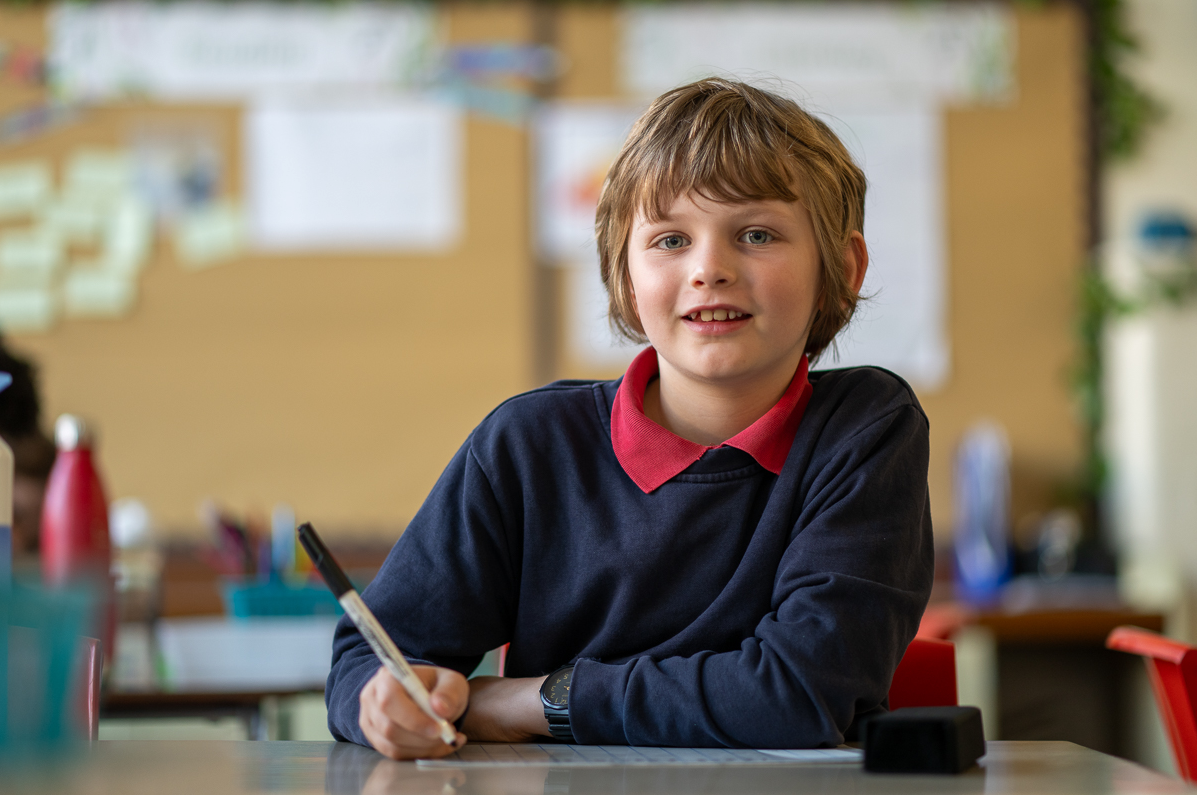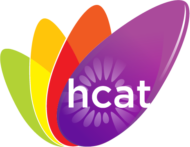Science

Curriculum Intention
The national curriculum for science aims to ensure that all pupils:
- develop scientific knowledge and conceptual understanding through the specific disciplines of biology, chemistry and physics
- develop understanding of the nature, processes and methods of science through different types of science enquiries that help them to answer scientific questions about the world around them
- are equipped with the scientific knowledge required to understand the uses and implications of science, today and for the future.
Intent
At Thoresby Primary school, we recognise the importance of science in everyday life. Our curriculum offers the opportunity to develop scientific knowledge and the skills that pupils need to maintain a curiosity and understanding of the world. Our intent is for all children to improve their ‘scientific thinking’ and deepen their scientific knowledge.
Implementation
All children will be given the opportunity to ask questions and develop an understanding of and a curiosity for the world around them. Our planning is developed from the National Curriculum for science. The foci for each unit of science are the key knowledge objectives. Lessons are planned so that children learn about the products of science (substantive knowledge) and can explore and develop their knowledge through a hands-on investigative approach. There is also a focus on the key vocabulary which is introduced and specifically taught to children at the beginning of each unit.
When planning for science, teachers look back at previous learning in the specific science area and through use of a ‘previous key component knowledge’ activity, they are able to build on this previous knowledge and reinforce any gaps in their learning. At the end of the unit, a post unit assessment task is used to evaluate the effectiveness of the work and ensure pupils have had the opportunity to develop their knowledge to the best of their ability.
In our planning, the working scientifically objectives have been spread out across each year. This is to ensure that the skills are specifically taught so the pupils can use these in their future learning. Opportunities are made for children to have a good coverage of the enquiry types over the year.
Planning involves teachers creating engaging lessons from a teaching sequence, aiming to aid understanding of conceptual knowledge. Scaffolding and support will be provided for pupils that have SEND requirements so that they can reach their full potential. Teachers use precise questioning in class to test conceptual knowledge and skills and they assess children regularly to identify those with gaps in learning, so that all children have the opportunity to be successful.
Where possible, enrichment opportunities are also planned to create a sounder understanding of scientific concepts. Children are offered visits, trips and visitors to complement and broaden the curriculum. These are purposeful and link with the knowledge being taught in class. Regular events, such as Science/STEM Week allow pupils to experience broader provision, make links with industry and the acquisition and application of knowledge and skills.
Impact
- Children at Thoresby Primary School overwhelmingly enjoy science and, this results in motivated learners with sound scientific understanding.
- This leads to higher standards in science in substantive knowledge, disciplinary knowledge and understanding.
- Pupils will develop integral skills, such as strategic thinking, learning, solving problems and making informed decisions, needed in life and career.
- Pupils will have been provided with the firm foundations and knowledge for understanding the world.



